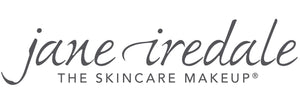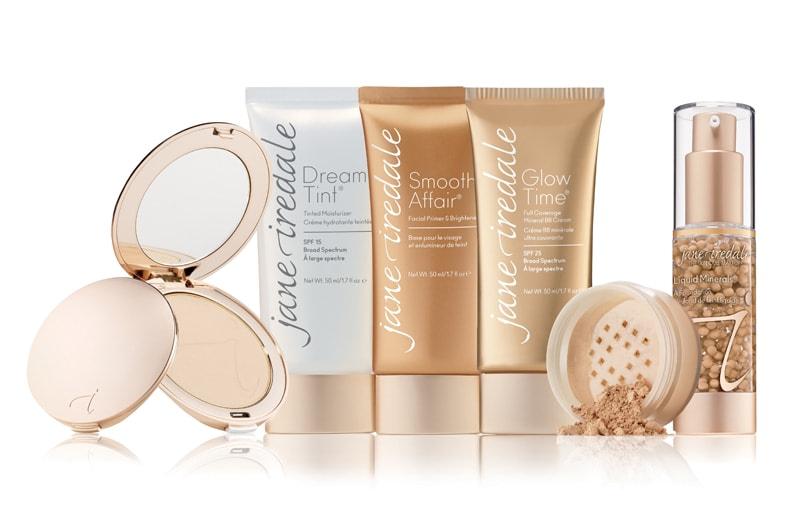Mineral Makeup Application
How to get the most out of your mineral makeup
We get very few complaints about our makeup, but here are the problems we sometimes hear and what we suggest to solve them. Usually, it requires just a simple adjustment. Most women are used to a liquid foundation that they have to apply in copious amounts to get any coverage. The switch to a powder that is applied in small amounts and gives instant coverage may take some suspension of disbelief as well as some practice. We always recommend that the tools that were designed for these powders be used. This isn't just to sell product – the results are visibly better.
Too Much Shine
Layering too thickly and pressing into the skin with a sponge tends to separate the individual minerals. This pulls the mineral that creates the glow to the surface. It is easy to avoid this by applying the minerals in thin layers in downward strokes with the brush. Keep adding layers until the desired coverage has been reached. It may also help to spritz with our D2O, Balance or POMMISST and then blot. Try applying PureMatte on top. For very oily skin with large pores, apply Absence underneath powders especially in the large-pore area. Apply minerals on top and touch-up with PureMatte throughout the day.
Accentuates Pores or Fine Lines
Try using the pressed powders not the loose. Spritz with D2O, Balance or POMMISST and blot, or mix the loose powders into a moisturiser and make a cream foundation. Apply it with fingers or a sponge. If the powders appear to accentuate lines under the eyes, dampen a cotton pad with D2O or Balance and gently press it on the problem area, or dab on a small amount of moisturiser.
Uneven and Blotchy
This is usually because the minerals have been applied before the moisturizer has been absorbed or because the moisturizer being used only lays on the surface of the skin. The simple solution is to wait a minute for the moisturizer to disappear or to blot any excess. D2O, Balance or POMMISST are good substitute moisturizers for oily skin.
Also, some unevenness can be attributed to sponge applicators that do not “move” on the skin. This is why, if a sponge is used, we recommend our Flocked Sponge. It’s the only sponge we’ve found that blends the powders and does not drag. The sponge in the pressed compacts is only meant for touchups.
Wrong Colour
This was probably chosen in poor lighting. The best way to test for the right colour is to do it on the jaw line in daylight. The color should disappear if it blends perfectly with the skin. An easy way to begin is to test Natural and Amber. They both have the same value, but Natural has a pink undertone and Amber a yellow. You will be able to see quickly whether to try a lighter or darker base and which undertone best complements the skin. It is easy to adjust a loose base color by mixing in an opposite. For example, if the color is too light, choose a darker shade with the same undertone. If the base is too yellow, choose a pink base as the mixer. Try a small amount in a dish first to get the right proportions. To mix the powders well, use a clean kitchen whip. This will combine the colours in seconds.
Take the Foundation Quiz today to find the right shade for you.








